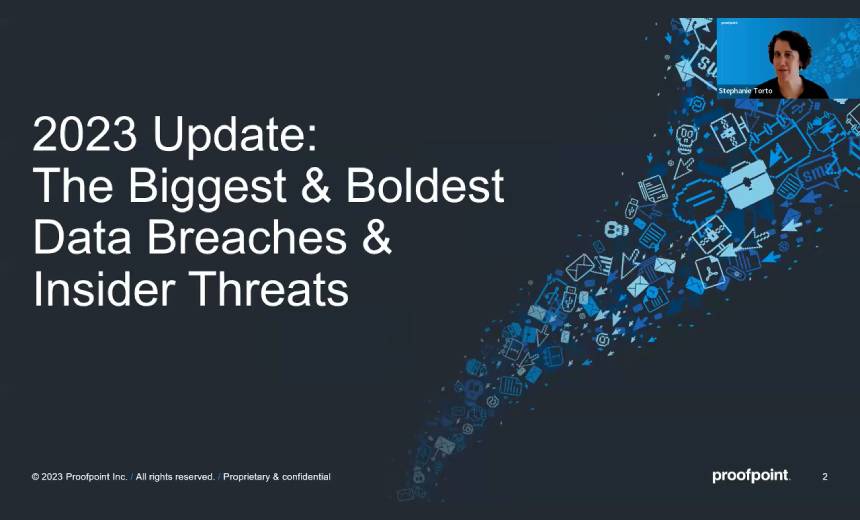FDIC Emphasizes Federal Deposit Insurance Guarantee
A survey on CNBC on Wednesday shows that some U.S. depositors aren't exactly certain that the Federal Deposit Insurance Corporation (FDIC) will be able to protect their deposits. The news sent the FDIC into action, with Chair Sheila Bair restating what she's said previously: In the history of the FDIC no one has lost even a penny of federally insured deposits."The American people can rest comfortably knowing that their FDIC-insured deposits are 100 percent safe," says Bair. "In fact, there's no safer place in the world for their checking, savings or retirement money."
The CNBC/Portfolio.com "Wealth in America" survey asked consumers if they were confident that money saved in federally insured bank accounts would be safe if their bank were to fail. The survey shows 32 percent say they were "totally confident" that their money is safe, 33 percent said they were "mostly confident," 20 percent indicated they were only somewhat confident, 11 percent said they were "not that confident" their money is safe, and four percent said they weren't sure.
Bair reminds consumers that Congress recently temporarily raised the basic deposit insurance coverage from at least $100,000 to at least $250,000 per depositor. She stresses that since the creation of the FDIC 75 years ago, it has handled more than 2,200 bank failures, with no depositor losing any insured funds. The FDIC's insurance fund, which consists of premiums paid by insured banks and the interest earned on them, also is backed by the United States government.
Jobless Claims at 26-year High
The number of people filing for initial unemployment insurance climbed to 573,000 in the latest reports, and continuing claims are also at a 26-year high.
The Labor Department reports initial filings for state jobless benefits surged to 573,000 for the week ending Dec. 6. This is an increase of 58,000 from a revised 515,000 claims from the previous week. It is the highest number of jobless claims since November 1982, when initial filings were 612,000. The number of people continuing to collect unemployment rose to 4,429,000 in the last week of November, which is also a 26-year high.
The states that had the biggest increases in initial jobless claims were Wisconsin, Iowa, Arkansas, Mississippi, and North Dakota. The largest decreases in initial filings were in California, Florida, Missouri, Michigan and Texas.
Big Three Bailout Passes House
The U.S. House of Representatives approved a $14 billion auto bailout package yesterday and the bill now faces a possible bottleneck of opposition in the Senate. The "stop gap" package will let the new Congress and President-elect Barack Obama have time to design a longer-term solution to the problems facing the country's big three automakers. It also gives the automakers more time to deal with their creditors and unions to get added concessions to stop the firms' flood of losses.
Insiders say the House bill will never get passed by the Senate because of language in the bill that calls for higher fuel-efficiency in new cars.






















